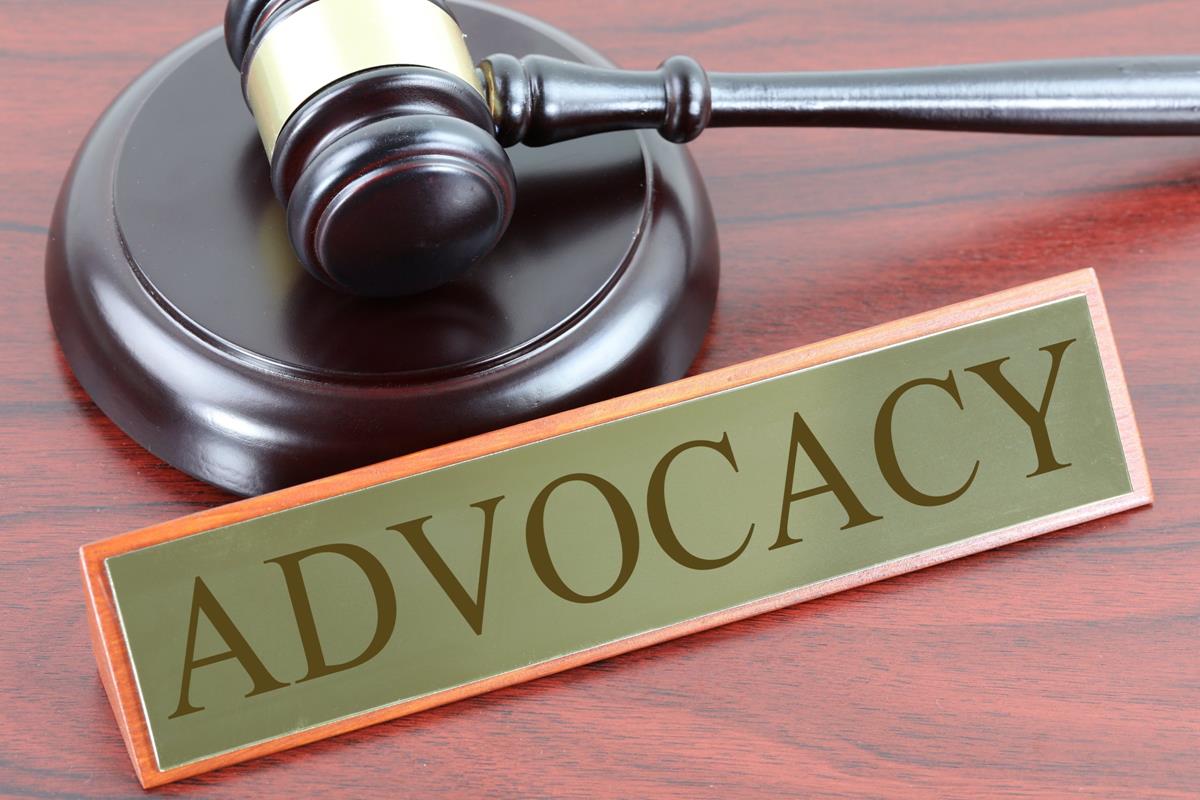
The Fine Line Between Advocacy and Authority: Navigating Today’s Legal Landscape
In the complex world of law, maintaining a delicate balance between advocacy and established authority is essential. As modern legal issues grow increasingly intricate, understanding the nuances involved is crucial for practitioners at all levels.
Understanding the Role of Advocacy
Advocacy plays a critical role in the legal field, allowing attorneys to represent their clients effectively. This representation ensures that the unique circumstances surrounding each case are carefully considered. However, it is important to navigate this facet while respecting legal precedents and the authority of established paradigms.
- Advocacy empowers clients by giving them a voice in the legal arena.
- Understanding precedents brings stability and predictability to legal outcomes.
 The intricate dance of legal representation
The intricate dance of legal representation
As lawyers strive to advocate for their clients, they must be aware of the established legal doctrines that underlie their arguments. This interplay is vital, as it not only affects the outcome of cases but also the broader perception of the legal system’s integrity.
The Pitfalls of Overstepping Authority
While advocacy serves a vital purpose, there are dangers in crossing into territory that undermines the rule of law. Overreaching can lead to a dilution of legal standards and can foster a culture of unpredictability in judgments. This can ultimately harm the trust that both the public and legal practitioners place in the legal framework.
As Justice John Marshall once noted, “The power to tax is the power to destroy.” The implications of this quote extend to legal advocacy as well; when the balance tips unfavorably, the system itself risks being undermined.
 The pillars of justice must remain strong
The pillars of justice must remain strong
It is imperative for lawyers, especially those within the realms of litigation and public defense, to remember that their role is to bolster the law rather than erode it. Adhering to established processes not only benefits individual cases but also serves to uphold the integrity of the broader legal discipline.
Finding a Harmonious Path
Promoting a harmonious relationship between advocacy and authority is the ideal way forward. Legal professionals must prioritize understanding the boundaries of their advocacy and engage in continuous education regarding procedural norms and ethical practices. This commitment not only aids individual practitioners but enhances the collective reputation of the legal community.
- Legal education should focus more on the balance of advocacy and authority.
- Mentorship programs can play a vital role in guiding new lawyers through complex situations.
 Guiding the next generation of legal minds
Guiding the next generation of legal minds
Ultimately, the most effective lawyers will be those who can seamlessly integrate advocacy within the framework of established authority. By adhering to legal standards while passionately representing their clients, they ensure justice is served, preserving the dignity of the profession.
Conclusion
As we advance, the legal community must remain vigilant in maintaining the equilibrium of advocacy and authority. Only through respect for the law and the ethical principles governing practice can we truly uphold the values that define our legal system. With consistent effort and dedication, legal professionals can continue to serve their clients while affirming the strength of an authoritative legal landscape.















